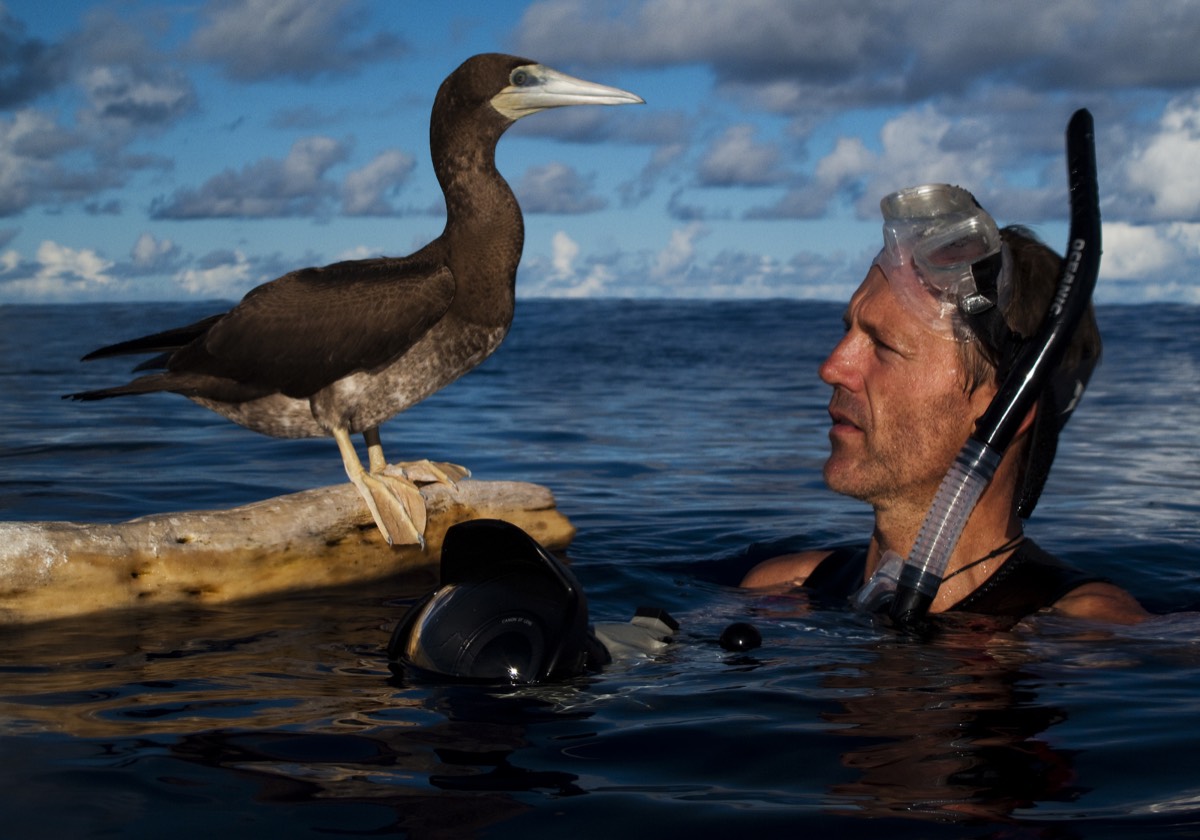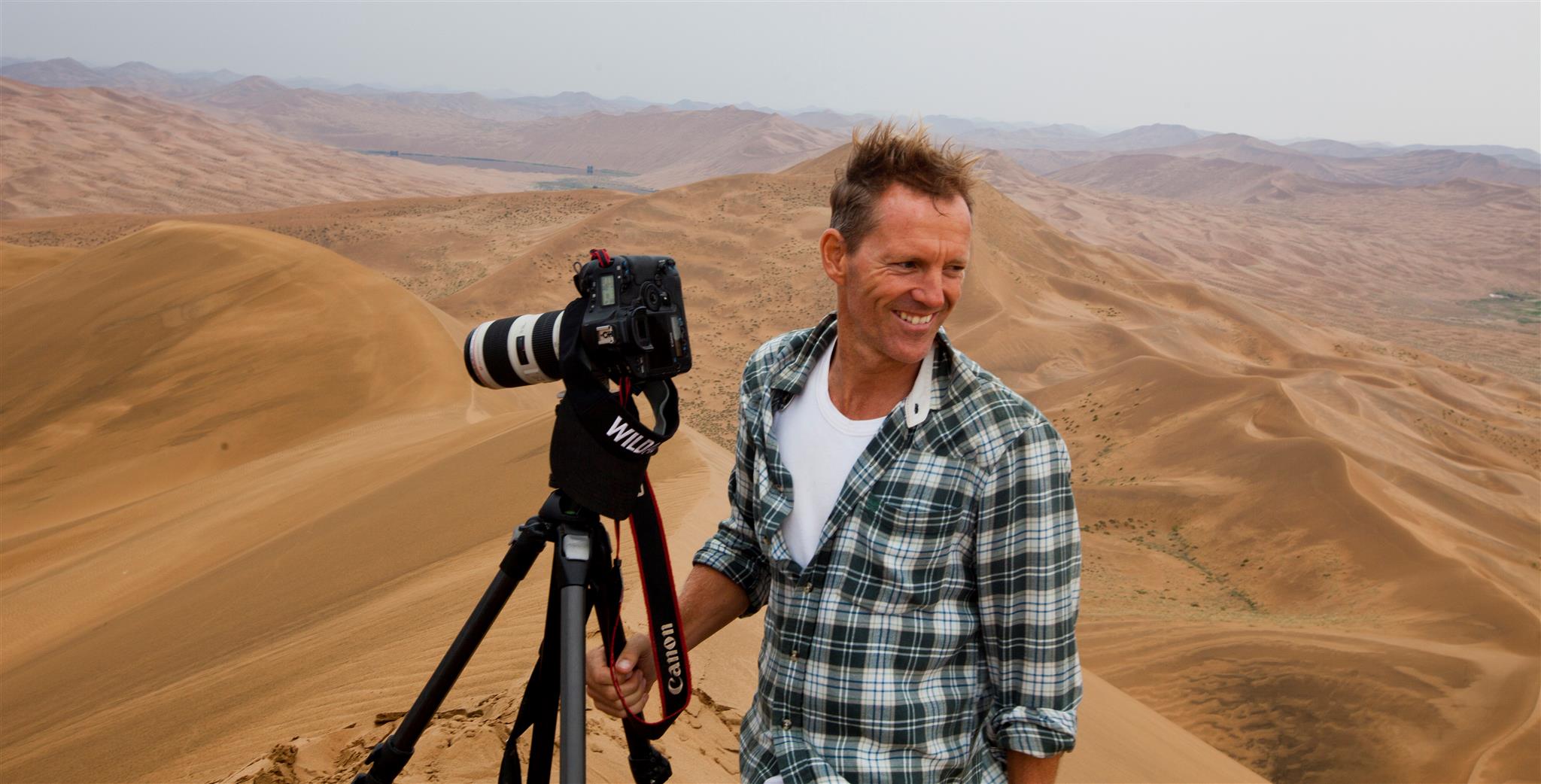
Paul Hilton is a Hong Kong-based photojournalist and wildlife trade consultant who focuses on global environmental and conservation issues and endeavours to bring about urgent change in the way we treat our surroundings. He has received numerous awards for his conservation efforts, including Wildlife Photographer of the Year, the World Press Photo Award, Asian Geographic Best of Decade Series, and more. Presently, he is working on the palm oil issue: documenting deforestation, land clearing, and the wildlife trade in Sumatra's Leuser Ecosystem, Indonesia, in collaboration with Rainforest Action Network (RAN), Wildlife Asia and Forest Nature and Environment Aceh (HAkA).

Previously, Paul followed the manta and mobula ray trade across the world and set up the Manta Ray of Hope project to document, in partnership with WildAid and Manta Trust, the plight of the great rays and investigate the use of gill rakers in traditional Chinese medicine. He is now an Associate Director with Manta Trust and a WildAid consultant. Paul's undercover footage of the illegal wildlife trade features heavily throughout the 2015 film Racing Extinction, produced by the Ocean Preservation Society and directed by Oscar winner, Louie Psihoyos, which premiered at the Sundance film festival. In 2009, Paul became a member of the prestigious International League of Conservation Photographers, and in 2010 launched his first book, “Man & Shark,” highlighting the global Shark-Finning industry during a decade of following traders from the fishing ports of Yemen and the Middle East to the high seas of the Pacific and Indian Oceans. He won the Ark Trust Award for exposing bear bile farming in China for Animals Asia Foundation. His photos were published in the book, “Black Market,” which deals with the wildlife trade in Asia, and included investigative photojournalism in the wild-animal markets and theme parks of China. He has documented life onboard long-lining fleets from Taiwan, China, Philippines, and Indonesia and in the dried seafood markets of Southern China and Hong Kong and followed a newly-discovered blue whale migration, the satellite tagging of humpback whales, and documented sustainable pole-and-line tuna fisheries worldwide. These projects have been in cooperation with WildAid, Humane Society International, Greenpeace International and the Hong Kong Shark Foundation.
Putting yourself into the blue depths of Tonga, coming face to face with humpback whales is an experience you will never forget.